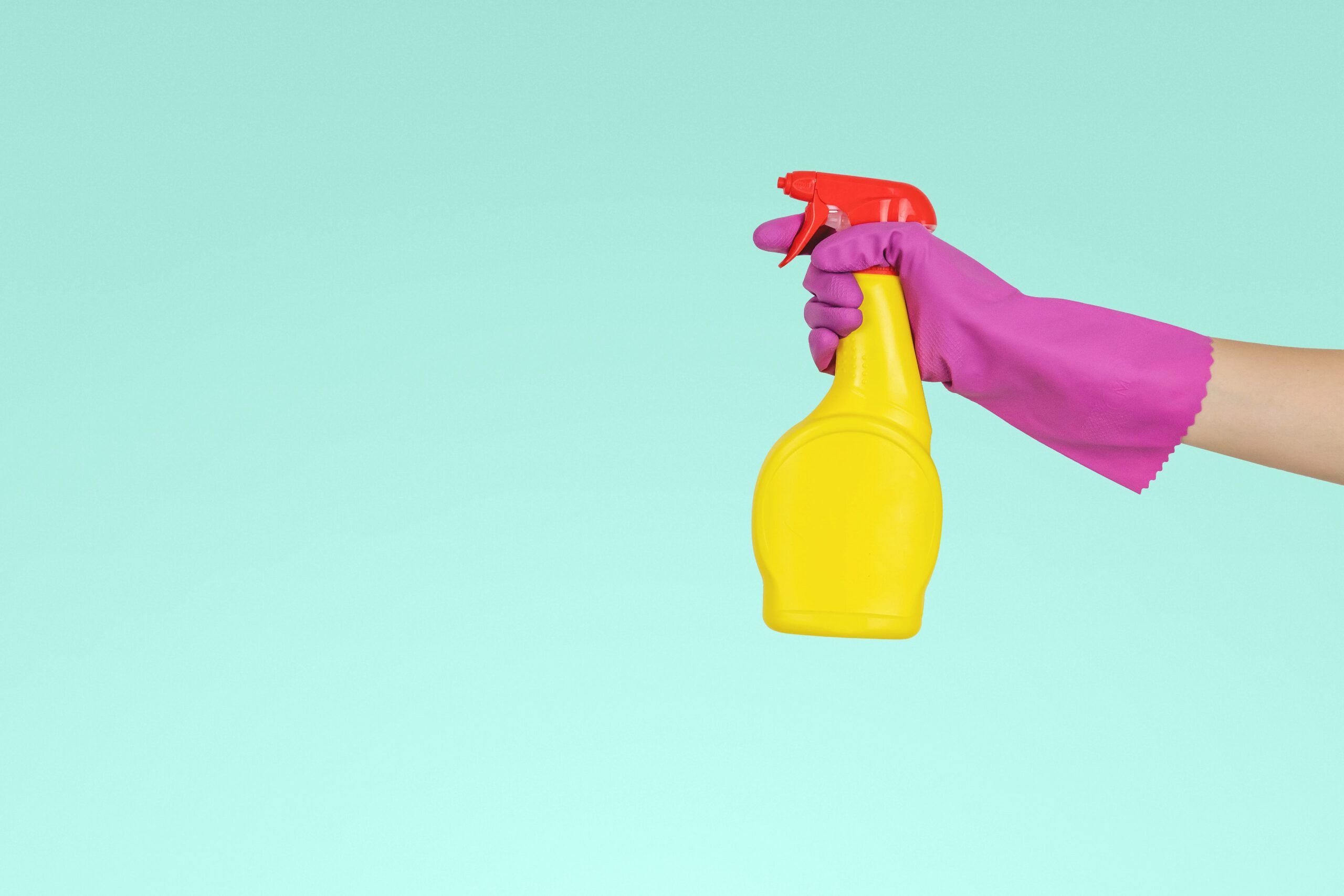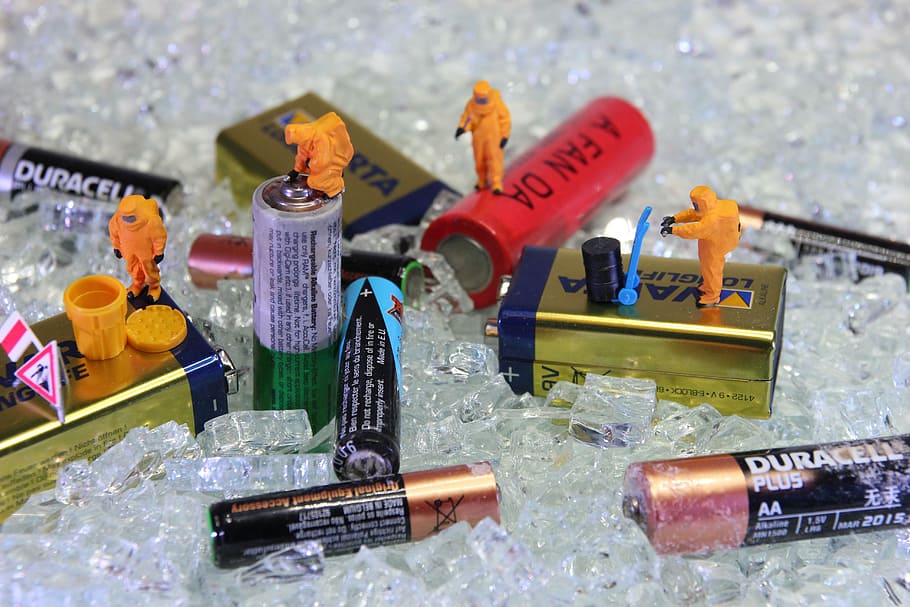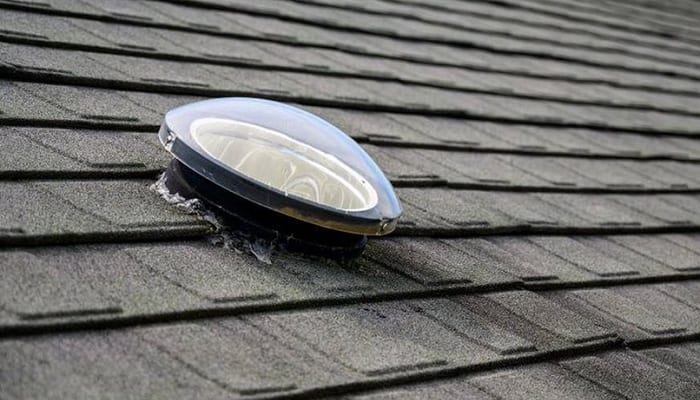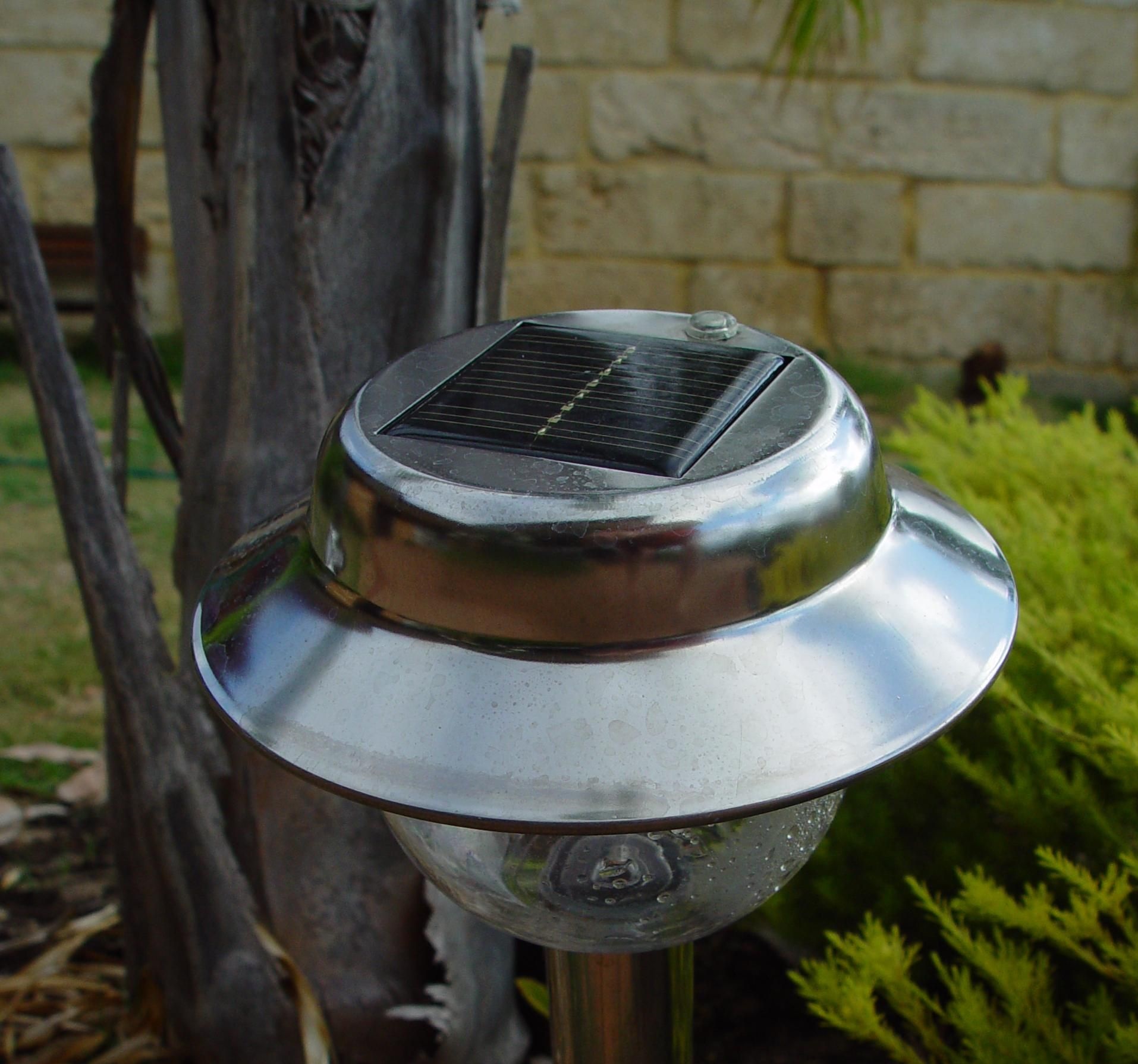Dirty solar panels are less efficient. You should regularly clean yours to ensure that dust, bird droppings, and pollution don’t affect them. If these are left intact, less energy will reach the solar cells, which will produce less energy.
There are many opinions on how solar panels should best be cleaned, but the reason why is universal — you want to avoid dirt and grime, as well as the growth of lichen, algae, or other organisms. In this article, I share the benefits of frequently cleaning your solar panels and whether it’s safe to use Windex outdoor cleaner to do so.
The Benefits of Cleaning Your Solar Panels
Improves Energy Efficiency
When solar panels are dirty, they aren’t as efficient. Solar panels maintained regularly can perform up to 25% better than those that aren’t.
If you notice a drop in your energy production, the solution could be as simple as giving your solar panels a good clean.
Increases Durability
Dust, grains of sand, and debris buildup will damage your solar panels over time. It may seem insignificant, but these tiny particles can scratch the glass of your panels and further reduce their efficiency. If you don’t clean your solar panels regularly, you could risk them failing much sooner.
Increases ROI
Investing in solar panels isn’t cheap, and you want to save as much as possible on electricity bills when you have them. Frequently cleaning your solar panels make them more efficient, which means that your need for on-the-grid power reduces.
You’ll see a return on your investment much sooner if you don’t have unnecessary monthly electricity bills.
Retained Warranty
Many solar panel manufacturers state in their warranty policy that you need to maintain your panels to enjoy the coverage.
If your panels malfunction and the manufacturer sees that you haven’t been cleaning them, you might not be safe.

Windex: Miracle Cleaner or Foe?
It’s easy to pick up a bottle of Windex and start spraying with no thought to its effects on what you’re cleaning. We all trust the brand to keep our mirrors and windows spotless, so reaching for it to keep dirt off your solar panels seems natural.
Unlike standard glass, solar panels are delicate. While you need to keep them clean to boost their efficiency, using the wrong methods and chemicals can cause damage. Here are some questions answered about Windex for you to take note of before use:
What is Windex made of?
The ingredients in Windex can be broken down into three main categories: a liquid base, surfactants, and appearance boosters. Here’s what each contains:
Liquid Base
The binding liquid base used in Windex is water.
Surfactants
Windex contains five surfactants:
- Ammonium Hydroxide
- 2-Hexoxyethanol
- Isopropanolamine
- Lauryl Dimethyl Amine Oxide
- Sodium Dodecylbenzene Sulfonate
These remove debris and dirt by surrounding their particles and loosening their grip for easy removal.
Appearance Boosters
Windex contains Liquitint® dye and fragrance drops to give it a blue tint and a clean scent.
Can you clean solar panels with Windex?
The short answer is yes, you can!
Windex is an excellent inexpensive glass cleaner, and using the outdoor liquid with its hose applicant makes cleaning your solar panels an easy task. This is how you should do it:
- Turn your solar system off and disconnect any connections to water sources and grid electricity.
- Use a scalable ladder to reach your solar panels.
- Turn the spray setting on, and spray it on droppings and grime to loosen their grip.
- Switch to the soap setting and coat all your solar panels with an even layer.
- Let the soap sit for no longer than 15 minutes before hosing it off with clean water.
- If any dirt remains, repeat steps 3 to 5.
Remember to reserve cleaning for a cloudy day since solar panels get extremely hot when the sun is out.
Is Windex safe for solar panels?
Windex is safe to clean your solar panels with, but you shouldn’t use it every time. Frequent cleaning with chemicals and detergents can leave residue buildup that creates a thin film of shade over your panels. This will also make it easier for dirt and dust to stick.
For regular cleaning, you should use deionized water instead. Paired with a panel-safe brush, your solar panels will be crystal clear!
How to Clean Solar Panels with Deionized Water
You should clean your panels at least every 3 months or whenever you notice a dust or dirt buildup.
Any brush that’s soft enough to not scratch and damage the glass on your solar panels will work. You should choose one with an extendable pole for easier cleaning, and if it has a squeegee to help you get rid of excess water, it’ll be a bonus!
Regular water won’t clean your panels as efficiently as deionized water does. Hard, mineral-rich water can damage your panels over time. Deionized water has been run through multiple filters to remove all its impurities.
You can also use a pure water system for fast, pressurized cleaning.
Tips for Keeping Your Solar Panels Clean
Setting time aside to clean all your solar panels at once can seem tedious. If you follow these pro tips, your panels will stay clean for longer, and your manual labor will be less!
- Use lukewarm water for better cleaning, but never hot warm.
- Use a water hose from ground level to do a quick spray on solar panels clean whenever you have a spare minute.
- Mix isopropyl alcohol with the iodized water you’re using to keep your panels disinfected.
- Use a plastic scourer to get rid of stubborn grime.
- Reserve cleaning times to early morning or late evenings – cleaning during the peak hours is more strenuous on your body.
To Sum it Up
You should regularly clean your solar panels to ensure their efficiency. If you live where dust buildup is expected, a quick water spray over your panels once a week will make big cleaning jobs go faster.
Windex is safe to use on your solar panels but shouldn’t be your number one go-to for this job. Using clean, deionized water and some elbow grease will leave your panels shining!



